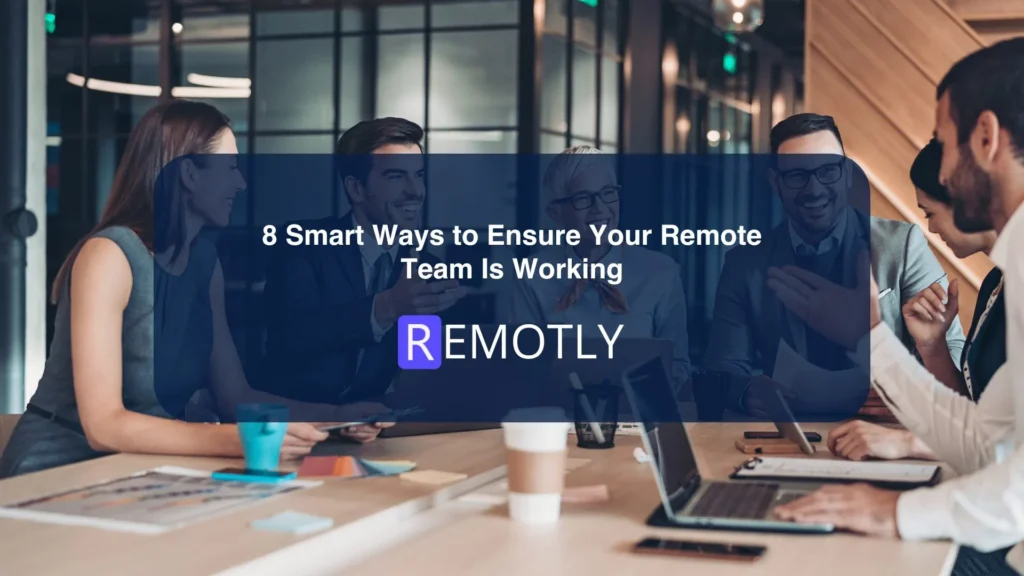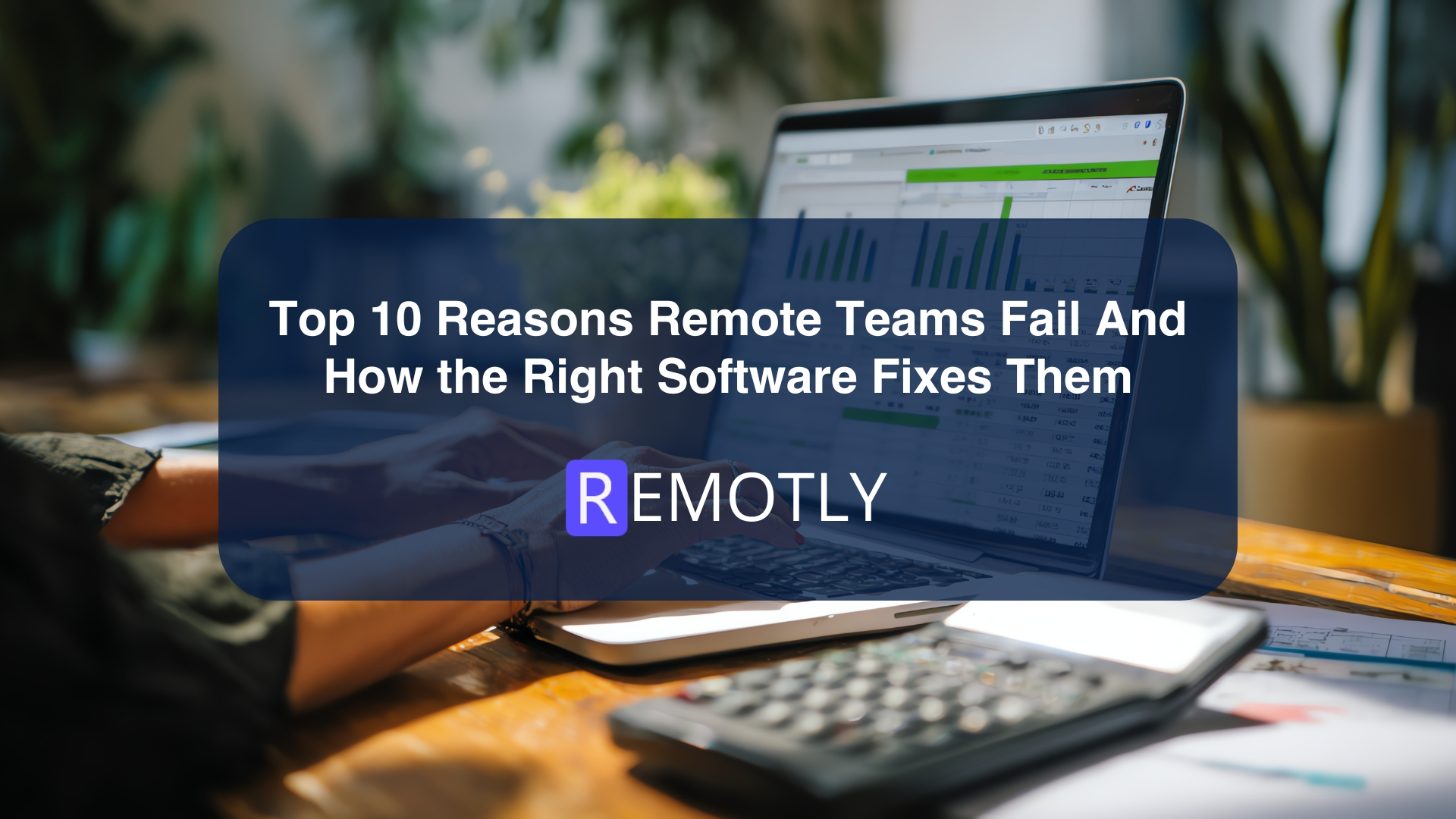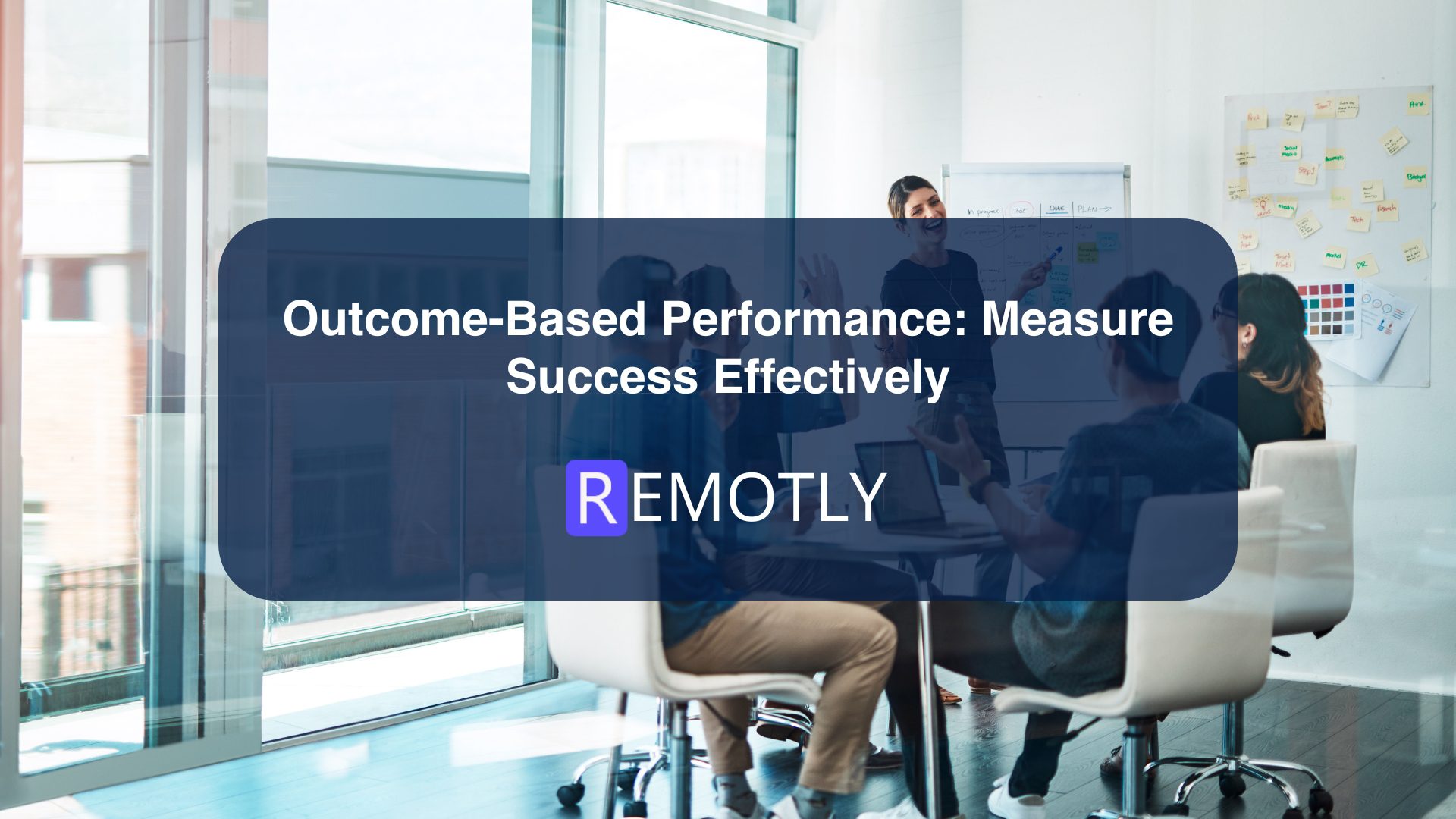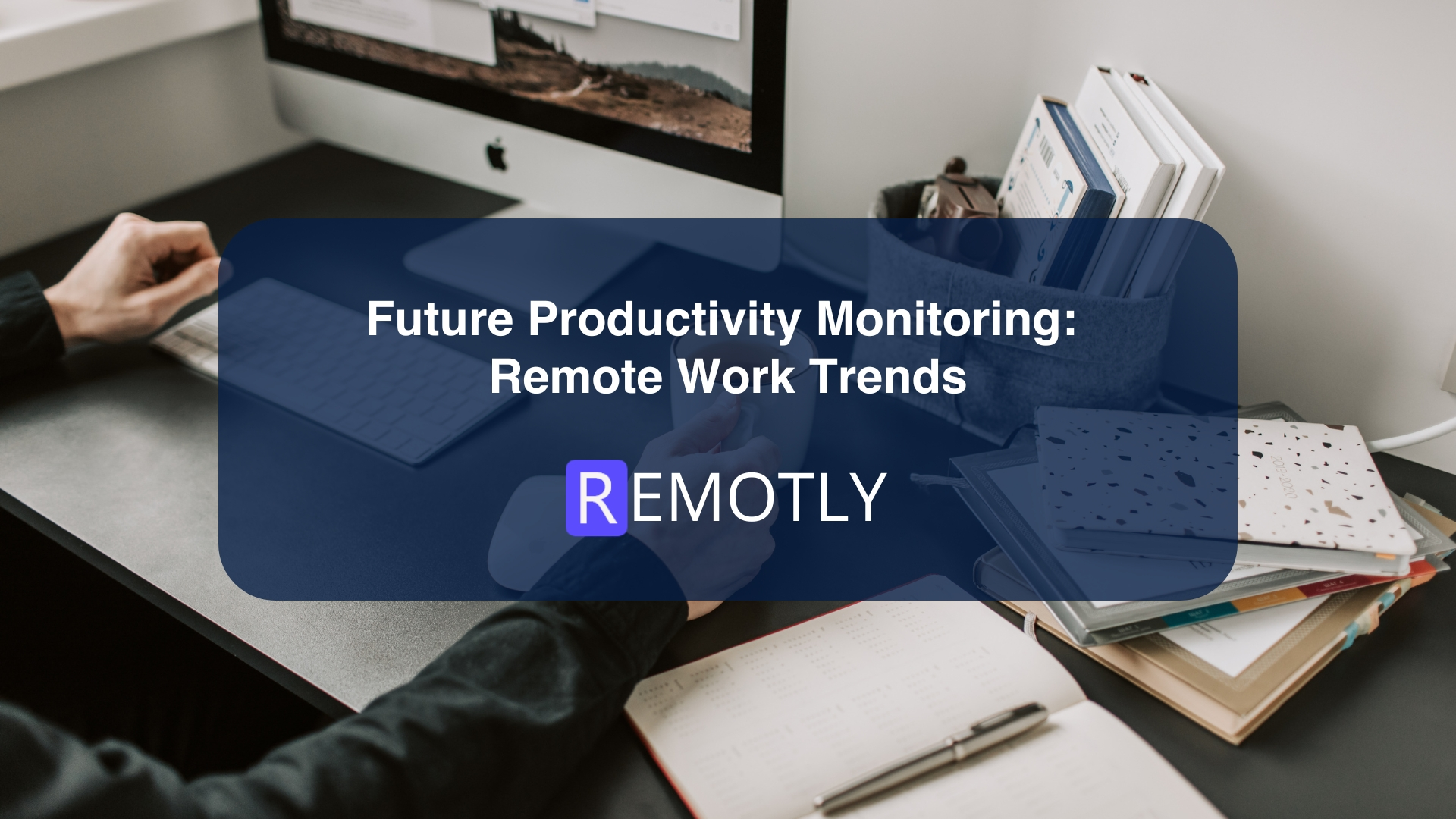Managing a remote team means balancing trust with visibility. Without in-person check-ins, spotting inefficiencies or unproductive behavior can be tricky. Here are eight proven, privacy-respecting strategies to ensure productivity without micromanaging, keeping your remote workforce engaged and accountable.
1. Use Monitoring Software (Responsibly)
Implementing monitoring software helps track productivity without being intrusive. Track apps, websites, idle times, and even optional screen activity to get clear insights into how time is spent. The goal isn’t surveillance—it’s to boost productivity, reduce bottlenecks, and encourage accountability.
2. Track Time with Timesheets & Clock‑In Systems
Digital idle time tracking tools and clock-in platforms offer transparency into actual working hours. This helps avoid misunderstandings and enables better scheduling, especially when teams are distributed across time zones.
3. Observe Communication Patterns
Regular engagement through Slack, Teams, or email threads shows team presence and task ownership. Irregular updates or long silences may signal disengagement. Encouraging consistent communication lets you empower teams and stay informed.
4. Review Tasks & Project Tools
Using project management tools like Trello or Asana allows leaders to delegate effectively and track task completion in real time. Frequent updates and well-defined KPIs keep goals aligned and team members motivated.
5. Monitor Screens, Emails & Internet Activity (with Transparency)
Instead of micromanaging, focus on patterns. Periodic reviews of work screens or email activity (on company-owned devices only) can flag distractions early while respecting employee privacy.
6. Use Calendar Oversight & Geolocation
Tracking calendar usage helps you spot gaps in productive time or overbooked schedules. Optional geolocation tracking (only on work devices) also helps validate working hours—especially important for compliance-heavy roles.
7. Be Alert to Performance Red Flags
Look for recurring signs like:
- Missed deadlines
- Sloppy work quality
- Sudden communication drop
- Increased idle time
These aren’t punishments—they’re prompts to open a supportive conversation. A successful remote culture is built on team motivation, not just metrics.
8. Lead with Strategy, Not Surveillance
The most effective managers focus on leadership strategies that inspire rather than control. Empower your team with the tools they need, support mental well-being, and reward initiative. When your employees feel trusted and valued, performance follows.
Final Thoughts
You don’t have to choose between oversight and autonomy. With Remotly’s intelligent monitoring and productivity tools, you get actionable data while continuing to trust employees and empower teams. Our platform supports ethical visibility, helping leaders boost productivity, delegate effectively, and ensure productivity without micromanaging.
Ready to upgrade your remote team management approach?
Let Remotly help you lead with confidence.




